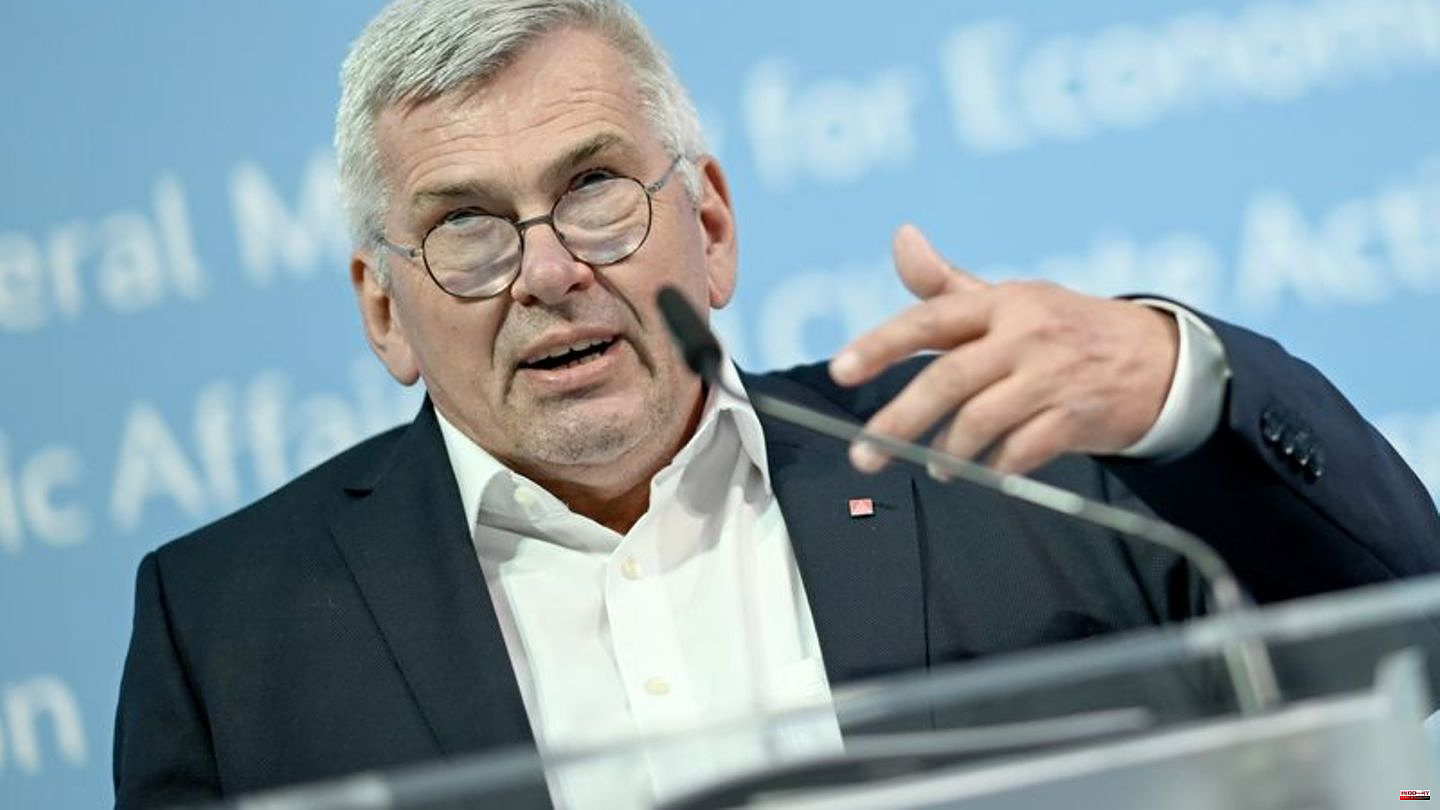According to IG Metall, the state aid package has so far brought little relief for people with average incomes. "For the majority of employees in companies and administrations, it mainly contains promises and announcements for the future, some of which are still subject to change," said Jörg Hofmann, first chairman of the German press agency.
This increases the pressure on the forthcoming wage round in the metal and electrical industry. "Even if the politicians are quick, it is not yet clear when gas and electricity price caps will actually come. For average earners, the tax and duty-free 3,000 euros, which the unions first have to fight for, remain within reach a lot of expectation pressure on our collective bargaining."
According to Hofmann, one-off payments are not a solution
Hofmann opposed the ideas of employers to act primarily with one-off payments in the energy price crisis. "The announced exemption from taxes and duties is in no way limited to one-off payments. The coalition committee speaks generally of additional payments. This includes all collectively agreed additional pay increases. Anything else would be a deep and clearly unacceptable attempt to intervene in collective bargaining autonomy," said IG -metal boss.
Germany's most powerful trade union is calling for eight percent more money for the almost four million employees in the negotiations, which will start on September 12 in Hanover. Warning strikes in the central sectors of German industry such as auto and mechanical engineering are possible after October 28th.
Hofmann called for clarifications from the federal government: "The period for which this tax exemption applies must be clarified. We also believe that this means increases agreed in collective agreements and thus firmly agreed entitlements of the employees. Where we have concluded collective agreements, we must consider whether we don't bring the demand for an energy bonus into the discussion."
employees lagging behind
Since 2018, the metal employees have only received an additional payment on top of it. Table-effective increases are therefore now urgently needed, said Hofmann. The economic conditions are not bad: "Most of the companies in our sectors are still doing well. Many of them are currently planning further price increases for their products to compensate for the increased costs."
Employees just don't have that option. "Regardless of the economic situation of their company, they are affected by the loss of purchasing power. The situation of the companies may differ in parts, but the problems for the employees are the same. The stability of purchasing power and thus private consumption is the central challenge in order to to avoid recession.
Of course, there are also many companies that lack the market power to raise prices, Hofmann admitted. For example, many foundries and hardening shops struggled with exploding energy costs. Political help is needed here. "Among other things, the requirements for short-time work must be specified more precisely and energy cost subsidies must be paid more precisely and more quickly." Where collective wage increases become an existential problem, a tailor-made solution has been found in the past through the Pforzheim Agreement. The agreement allows companies to deviate from collective agreements for a limited period of time if they thereby secure jobs or create new ones.








